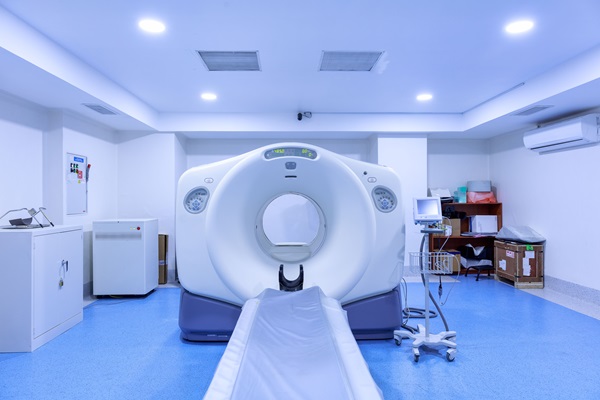Discussing Nutrition With Your Primary Care Doctor

Thinking about making a primary care doctor appointment so you can learn more about your nutritional needs? Good idea. It is not always an easy task to make a food plan that includes all of the nutritional qualities you need every single day. It is likely that you will also need to make adjustments to your nutrition plans throughout your life, because as you age, your nutritional needs tend to change.
The importance of nutrition
Wondering how much importance a primary care doctor places on nutrition? Lots! It really is essential for you to incorporate high nutrition foods into your everyday diet, as eating healthy foods is one of the more important aspects of leading a healthy lifestyle. When you understand how to make food choices that give you the nutrition you need for good health, you are likely to maintain a healthy weight and reduce your chances of being diagnosed with one or more chronic diseases.
Discussing nutrition with a primary care doctor
While a primary care doctor will be able to provide their patients with basic advice on their nutritional needs, they are not able to provide in-depth nutritional advice. For example, if a patient comes in and tells the doctor that they eat fast food all the time, then it is likely that the advice they will receive is to stop eating so much fast food. After the doctor understands more about the type of nutrition a patient needs to be in better health, they will give the patient a list of established resources, like Heart.org.
While primary care doctors are able to offer their patients advice on how to eat healthy, they are not able to prescribe nutritional therapy programs. This means patients who are in need of more in-depth nutritional advice will often be given a referral to make an appointment with a dietitian or a nutritionist.
How can a dietitian help?
Dietitians provide patients with advice and counseling services on how to eat for good health. A dietitian is a credentialed health professional who has earned their bachelor’s degree, undergone a supervised internship and then took a national exam in order to become a registered dietitian. Their education does not stop there, as they must sign up for additional training every five years in order to keep up with any changes taking place in the world of nutrition. While a registered dietitian can also be called a nutritionist, a nutritionist is not able to call themselves a dietitian.
How can a nutritionist help?
Since there are different levels of nutritionists, choosing one that has a degree ensures professional services. A nutritionist can develop weight loss programs and all while keeping in mind one’s nutritional needs. They can also assist people who have recently been diagnosed with a medical condition learn how to eat the right types of nutritional foods. They can also offer their patients advice on how certain foods will impact the body, allowing patients to understand more about how their food choices can affect their overall health.
Would you like to make an appointment for nutritional information?
Our experienced primary care doctor can discuss your nutritional needs with you, so if you are interested in making an appointment, simply call us right now so we can get you scheduled for a timely appointment. We ask that you make a list of what you are currently eating, as well as make a list of any health issues you are currently experiencing due to your current diet. We are here for you!
Request an appointment here: https://tx-urgentcare.com or call Texas Urgent Care & Imaging Center at (832) 941-1894 for an appointment in our New Caney office.
Check out what others are saying about our services on Yelp: Read our Yelp reviews.
Recent Posts
X-rays are popular tools medical professionals use to diagnose a wide range of health conditions quickly and safely. They allow these professionals to see inside the body without invasive procedures, making them invaluable in urgent and primary care settings. Whether identifying fractures, monitoring chronic conditions, or detecting abnormalities, X-rays are critical in ensuring timely and…
A CT scan, or computed tomography scan, is a diagnostic tool that provides detailed images of the body’s internal structures. This non-invasive procedure helps medical professionals diagnose and monitor various conditions, from injuries to chronic illnesses. Knowing what to expect during a CT scan can ease concerns and prepare patients for a smooth experience.A CT…
If you work in public transportation, you may need to have a DOT drug screening. The Department of Transportation (DOT) regulates this test and requires it for you. You might be wondering what this test is like. Keep reading to learn more.Congress passed the Omnibus Transportation Employee Testing Act in 1991. Congress knew that the…
Walk-in clinic provide convenient, accessible health care for non-emergency medical needs, making it an ideal choice when immediate attention is necessary. Understanding when to visit a clinic can help patients save time, avoid unnecessary trips to the emergency room, and receive quality care for their health concerns. These clinics handle various issues, offering fast, professional…


